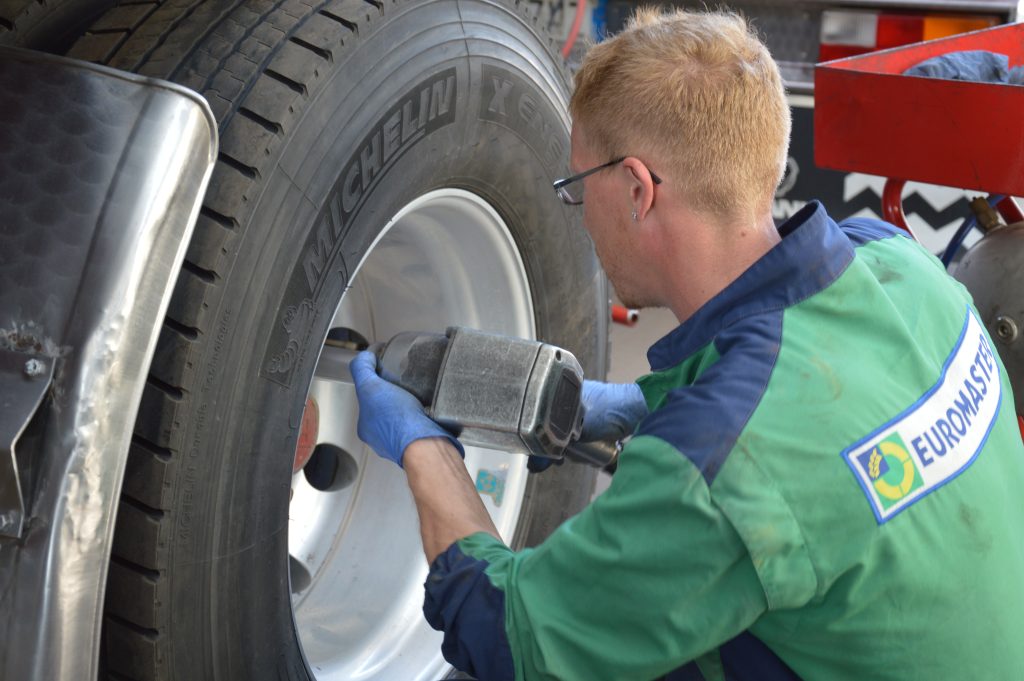 Injuring yourself while on the job is not fun for anyone, especially when your accident further exacerbates a previous workplace injury. What happens if you then try to seek retroactive benefits from your previous injury? You may run into an issue of prescription (otherwise known as the statute of limitations). A 2016 case from Terrebonne Parish explores how prescription can play out in a compound workplace injury.
Injuring yourself while on the job is not fun for anyone, especially when your accident further exacerbates a previous workplace injury. What happens if you then try to seek retroactive benefits from your previous injury? You may run into an issue of prescription (otherwise known as the statute of limitations). A 2016 case from Terrebonne Parish explores how prescription can play out in a compound workplace injury.
Gerald Hellmers was a mechanic for the Port of New Orleans. On August 23, 2007, Hellmers injured his lower back while changing a tire as part of his duties at work. He required hospitalization and surgery at Tulane University Hospital and Clinic (“Tulane”). Worker’s compensation benefits were paid to Hellmers by the Port. Tulane sent the Port invoices totaling $118,000.00. The Port made some payments but not the total amount owed.
Hellmers re-injured his lower back while changing a truck battery on January 13, 2009. Again, Hellmers was hospitalized at Tulane, and the Port paid worker’s compensation benefits. Tulane billed for this treatment, but once again, the Port didn’t pay the total bill.
Tulane filed a lawsuit on March 20, 2012, for the recovery of medical payments owed to them for the treatment of both the 2007 and 2009 injuries. The Port filed a motion for partial dismissal on the 2007 injury claims on the basis that they were prescribed and, therefore, invalid. The workers’ compensation court granted the Port’s motion and dismissed the 2007 injury claims. This appeal by Tulane followed.
One legal issue here is the requirements for partial summary judgment. Partial summary judgment is appropriate when one of a party’s claims loses as a matter of law. This means that the claimant did not produce enough evidence to show that, even in the most favorable light, they could not prevail during trial under the claim’s statutory requirements. The lower court, in this decision, analyzed the motion for partial summary judgment as an exception of prescription. On appeal, the court can only overturn the lower holding of prescription if there is manifest error. See Bell v. Glaser, 16 So. 3d 514 (La. Ct. App. 2009).
In Louisiana, workers’ compensation is governed by La. R.S. 23:1203. The act requires the employer to pay for an employee’s medical expenses incurred as a result of an accidental injury while on the job. Prescription time limits are defined in La. R.S. 23:1209. All claims for workplace injury benefits are barred unless payments are made or scheduled within one year of the accident or within one year of a formal claim being filed. Additionally, a claim is barred three years after the last payment is made.
The Port argued that the 2007 and 2009 injuries are separate accidents, and because the 2012 suit for recovery was filed more than three years after the last payment made on January 27, 2009, the 2007 claim is prescribed and therefore barred. On the other hand, Tulane argued that the 2009 accident was merely an extension of the 2007 accident, so the 2007 claim should not be prescribed.
This court upheld the lower court’s decision and declared the 2007 claims for payment barred under prescription. The lower court’s analysis centered around the theory that the 2009 accident was a separate injury from the 2007 accident and, therefore, that the 2007 accident was prescribed. “Accident” is defined in Louisiana Workers’ Compensation Law as an injury that is more than simply a progressive worsening of prior damage. Based on evidence and medical records, the 2009 injury was a separate accident. Tulane did not provide any evidence to the contrary. As the appeals court did not find the lower court decision one of manifest error, the partial summary judgment motion was upheld. Accordingly, Tulane’s claims for compensation for the 2007 accident were barred by prescription.
While no one wants to be injured on the job without any recourse, it is important to note statutory limitations on when compensation may be sought. If Tulane had been more diligent after the 2007 injury, perhaps they would have received full payment for their services in this case.
Additional Sources: TULANE UNIV. HOSP. & CLINIC V. PORT OF NEW ORLEANS
Written by Berniard Law Firm Blog Writer: Corrinne Yoder-Mulkey
Additional Berniard Law Firm Articles on Workers Compensation: Ouachita Parish Woman Denied Workers’ Compensation for Seeking Payment too Late
 Louisiana Personal Injury Lawyer Blog
Louisiana Personal Injury Lawyer Blog

